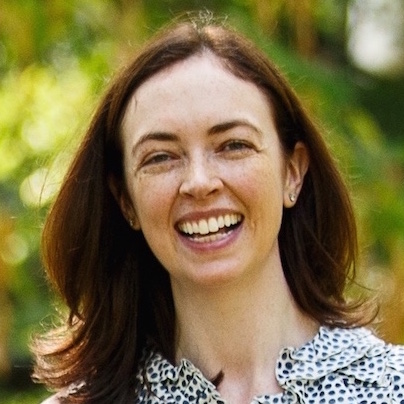"Saving age" and "backdating" are two different ways of saying the same thing: choosing to start your life insurance coverage a few weeks or months in the past, so you can get the lower pricing from a prior age. You can't go back more than 6 months, so you're just starting a little bit early.
"Age nearest" is a related concept - "age nearest" refers to which birthday you are closest to (for half the year, this is 1 year older than your actual age). Some insurance carriers decide your pricing based on your actual age, while others decide it based on your nearest age. (Example: if your 30th birthday was June 1, then your "age nearest" changes from 30 to 31 six months later, on December 1.)
Backdating: When It Does - and Does Not - Make Sense
The trade-off with backdating is that you're buying life insurance coverage you obviously did not need (because you're still alive) in exchange for a lower rate.
To figure out if this makes sense, you compare how much money you would save with how much money you'd pay upfront for the "unnecessary" life insurance coverage in the past. Here at AboveBoard, we do this analysis for you, and are always happy to answer any questions you have.
Example: Carl, a 39-year-old partner in a private equity firm, is applying for a $4.5 million 30-year term life insurance policy. In excellent health, he began exploring options in early January. After turning 40 on January 15, he decided on a policy. His carrier prices based on actual age, so the cost for the full term, covering ages 40-70, is $2,670 per year at age 40. However, by backdating the policy to January 14, he can "save age" and secure a lower rate of $2,406 per year, saving $264 annually (10%).
Carl's uncomplicated application went through quickly, and he had an offer of coverage by February 28. While he could accept coverage beginning February 28, he chooses to backdate to January 14.
Amount saved each year: $264
Amount saved over the 30 year term: $7,920
Amount paid for "unused" life insurance in the past (January 14 - February 28): $297
Does backdating make sense here: YES! Paying $297 today to save $7,920 over 30 years is a great deal.
Note that sometimes backdating does not make sense. Here it made a ton of sense because:
1) We didn't have to backdate very far into the past
2) The increase from age 39 to age 40 was 11%, one of the larger annual increases
The increase between ages varies by age and by carrier. Some years you'll see a modest increase, like 2%. Other years, you'll see a big increase, like 10%+. Particularly for larger coverage amounts, you can easily end up saving many thousands of dollars in exchange for a relatively modest upfront payment.
Age Nearest & Backdating
Some carriers price off of your actual birthday, like the example above, while other carriers price off age nearest, which basically means the insurance company considers you to be older on your half-birthday. The analysis of backdating is similar, you're just targeting a different date to save your age. In Carl's case, an age-nearest carrier would have priced him as a 40 year old starting the prior July 15 (6 months before his 40th birthday).
When Backdating Does Not Make Sense
In Carl's case, backdating saved a lot compared to the initial outlay.
Sometimes, even if money can be saved, a client is more focused on having their term extend as far into the future as possible. In that case, you're better off taking a policy start date without backdating. Your term starts on the policy date, so backdating means that your coverage ends a bit sooner, too.
Here at AboveBoard, we put your interests first and look out for ways to smartly save you money and get you the best coverage available in the market. Visit our life insurance calculator to get started thinking about coverage amount, or go straight to getting an online quote if you already know what you need.




